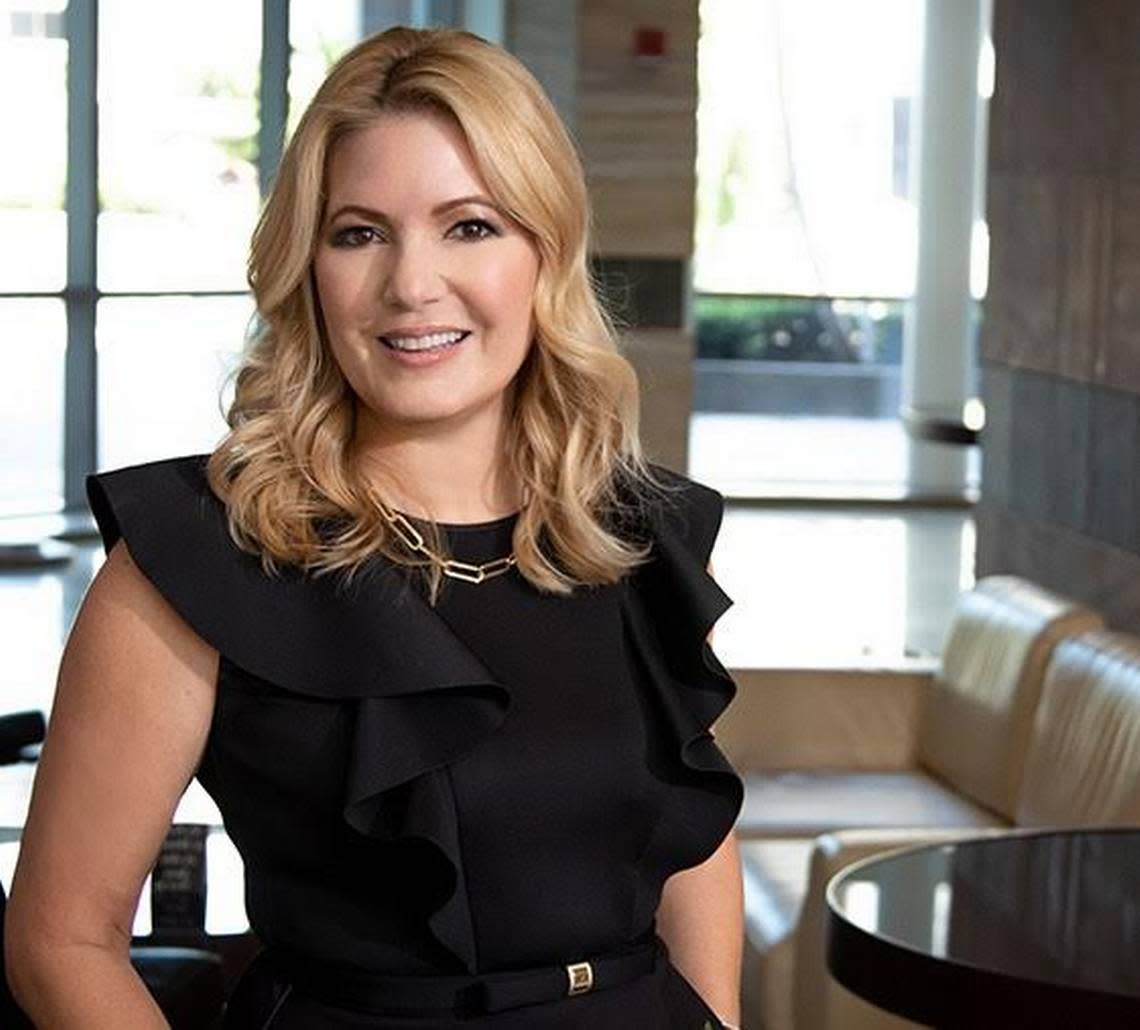Mixed messaging on solar panels penalizes Florida homeowners seeking to save energy | Opinion
Florida homeowners who thought they were saving money and, perhaps, the environment by installing solar panels have been shocked to learn that many insurers will not insure their roofs if they have solar panels.
Some insurers claim solar systems with net metering connections to utilities pose a risk of injury to the utility’s line workers as well as to the utility grid. Other insurers claim that homeowners who install solar systems are no longer eligible for residential homeowners’ policies because they must be treated as commercial utilities.
Still others claim that the solar system itself creates an increased potential for roof uplift during a wind or hailstorm, as well as a potential fire hazard if the system’s components are poorly installed or not maintained.
Last, some insurers will not insure solar systems mounted on clay or tile roofs, though they might insure residences where the panels are installed on shingle or metal roofs that are no older than 10 years old.
The inability to obtain sufficient insurance coverage because of the presence of solar panels on a roof is certainly not consistent with the goals of Section 163.04 of the Florida Statutes, which was passed to encourage property owners to install energy-saving devices.
Subsection (2) of Section 163.04 provides that a property owner may not be denied the right to install solar collectors by a homeowners’ association. However, an HOA can dictate the specific location where solar collectors can be installed on the roof within an orientation to the south or within 45° east or west of due south if such determination does not impair the effective operation of the solar collectors.
The Florida Legislature stated its intent in enacting these provisions as protecting public health, safety and welfare. It sought to encourage the development and use of renewable resources to conserve and protect the value of land, buildings and resources by preventing measures that, ultimately, will drive the costs of owning and operating commercial or residential property beyond the capacity of private owners to maintain.
Far too many volunteer boards recently were caught by surprise with the immense increases in their insurance premiums, often with little to no time to bind coverage. Mixed messaging and a lack of government support for Florida’s property owners are a recipe for failure.
Until the Florida Legislature enacts common coverage standards, Florida property owners are caught in the middle between a public policy encouraging energy conservation and an insurance market that discourages such conservation efforts.
Donna DiMaggio Berger is board-certified specialist in condominium and planned-development law.

